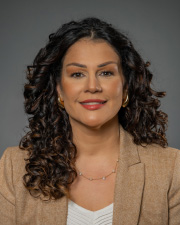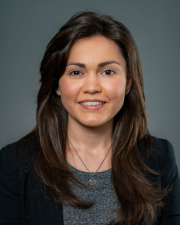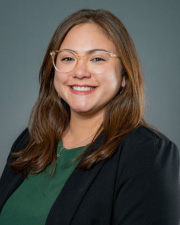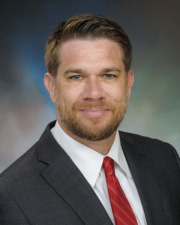Program Overview
The PsyD in Clinical Psychology is a practice-focused doctoral program designed to prepare students for licensure and independent practice as clinical psychologists. With a strong emphasis on clinical application, this 98-credit hour program follows a practitioner-scientist model, blending rigorous academic coursework with extensive hands-on clinical training.
Priority deadline is December 1, 2025.
UTHealth Houston School of Behavioral Health Sciences welcomes international students to apply to our program. Please note that students admitted to the program must personally reside in the state of Texas before the first day of class. In addition, we are unable to sponsor students requiring F-1 visas at this time. Please be advised that applications and fees are not transferable among programs, and fees are nonrefundable.
Program Highlights
- 98 semester credit hours completed over five years
- APA-aligned curriculum designed to meet licensure requirements in Texas
- Year-long practicum rotations in diverse clinical settings
- One-year APA-accredited or APPIC-member internship required for graduation
- Applied dissertation focused on improving clinical interventions
What You’ll Learn
Students will develop the knowledge and skills necessary for professional clinical practice, including:
- Evidence-based assessment and intervention techniques
- Integration of psychological theory and clinical application
- Ethical and culturally competent care
- Advanced understanding of affective, biological, cognitive, developmental, and social aspects of behavior
- Research methods, statistics, and psychometrics
-
Clinical Training
Beginning in Year 2, students complete supervised practicum placements in both in-house and community-based settings. Practicum sites include:
- SBHS Psychology Teaching Clinic
- Lifespan Autism and Developmental Neuropsychology Clinics
- Trauma, Addictions, and Child & Adolescent Psychiatry Clinics
- Inpatient units at the Dunn Behavioral Science Campus
- Neurology Neuropsychology Clinic
- Children’s Learning Institute
- Family and Community Medicine Psychology Services
These placements provide direct patient care experience under the supervision of licensed psychologists, with regular performance evaluations to ensure clinical competency.
-
Research & Dissertation
Students collaborate with faculty mentors on an applied dissertation that enhances clinical practice. The dissertation process includes:
- Literature review and synthesis
- Clinical research design and implementation
- Integration of research findings into real-world clinical settings
A comprehensive examination, both written and oral is required after core coursework, assessing students’ ability to synthesize theory, research, and clinical knowledge.
With a growing demand for doctoral-level mental health professionals, PsyD graduates are well-positioned to lead in clinical, academic, and healthcare settings.
Career Outcomes
Graduates of the PsyD program are prepared for careers as:
Licensed Clinical Psychologists
Providing psychological assessment, diagnosis, and treatment of mental health disorders.
Behavioral Health Consultants
Offering expert guidance on behavioral health issues within medical and organizational settings.
Clinical Supervisors and Program Directors
Leading, mentoring, and overseeing mental health teams and program operations.
Integrated Care Specialists
Collaborating with medical professionals to deliver coordinated mental and physical health services.
Program Demand & Labor Market Outlook
- Texas faces a critical shortage of licensed psychologists, ranking 50th in access to care and mental health workforce availability. In the Houston area alone, there is only one provider for every 988 residents.
- The U.S. demand for psychologists is projected to exceed 101,000 full-time equivalents by 2030, with Texas among the states facing the most significant shortages. The PsyD program directly addresses this need by preparing highly trained, practice-ready clinicians to serve diverse communities.
Faculty Mentorship
Our PsyD faculty are experienced clinicians, educators, and researchers who bring a wealth of expertise in clinical psychology, trauma-informed care, forensic psychology, and inpatient psychiatry. Students benefit from:
- Personalized mentorship and supervision
- Expert guidance in clinical training and dissertation development
- Opportunities to collaborate on applied research and service innovation





